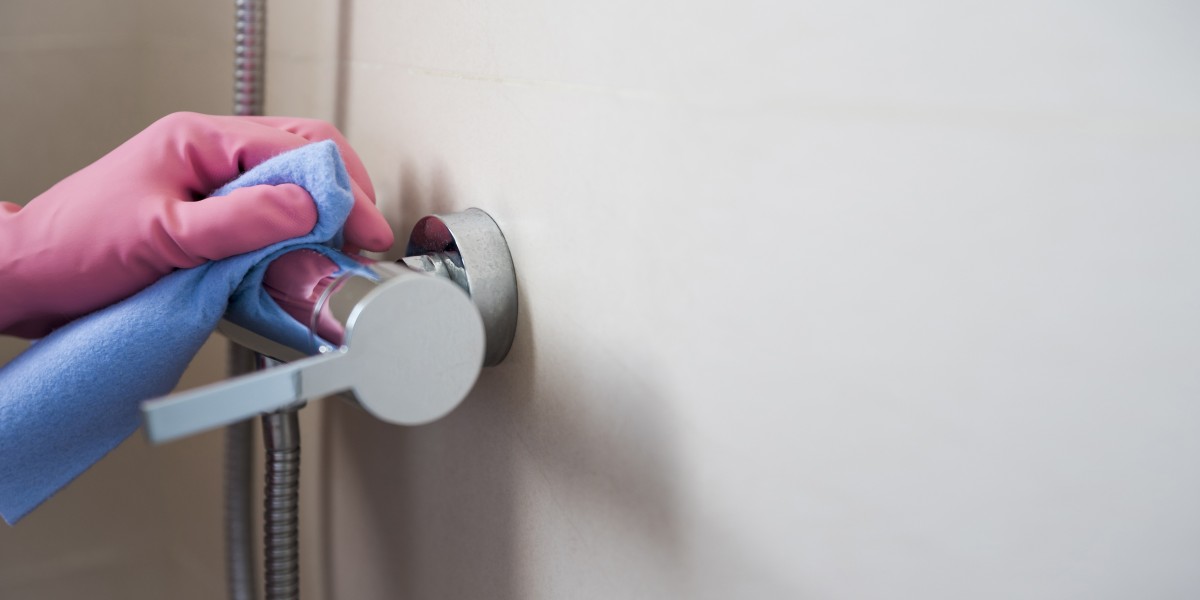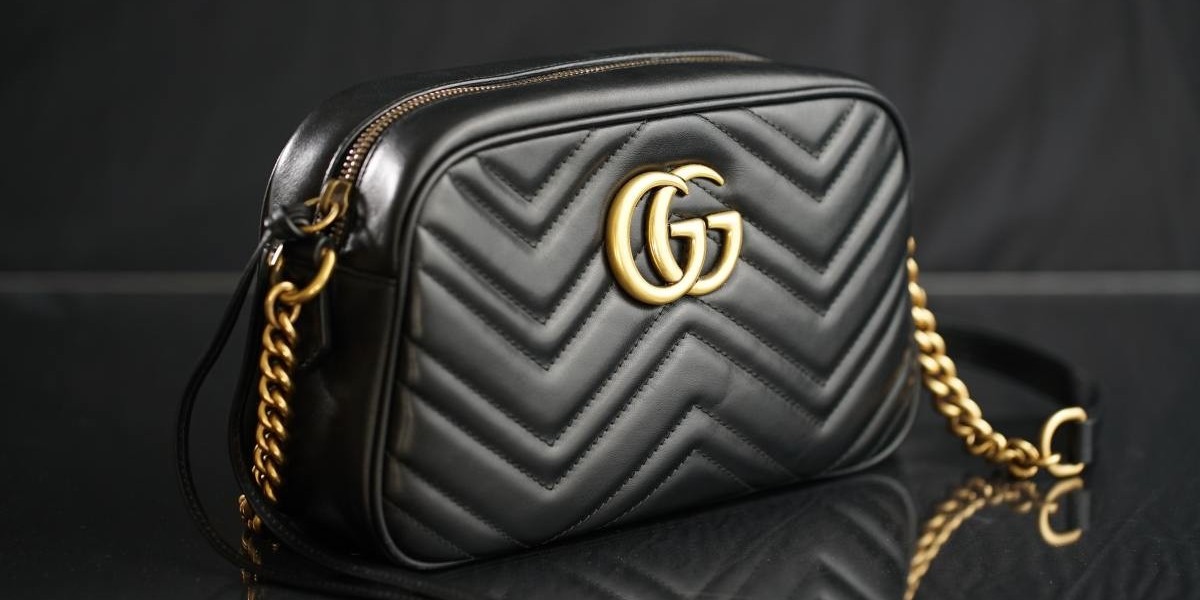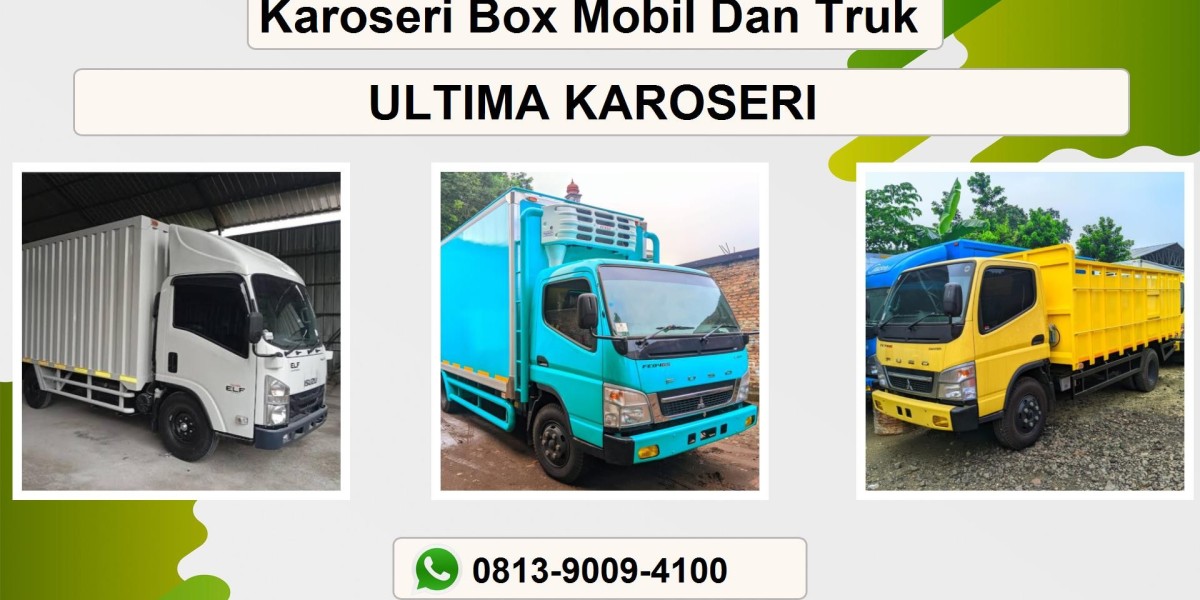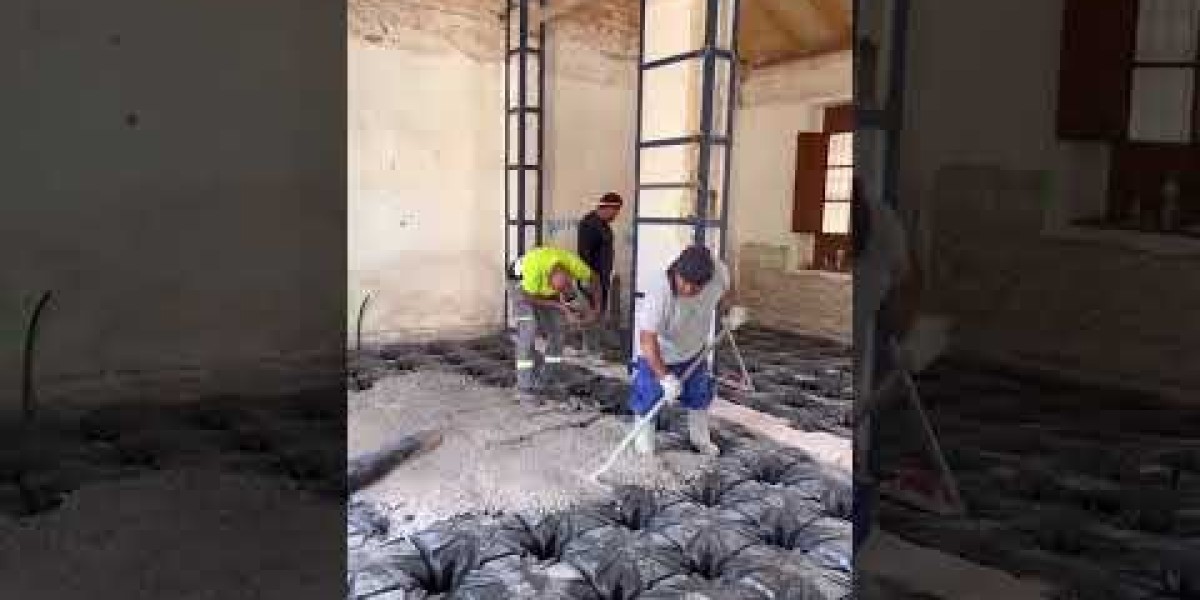If you’re living in Perth, chances are you’ve spotted stubborn, chalky white stains on your shower screens, tiles, taps, or even your outdoor pavers. These marks are usually calcium deposits—sometimes called limescale—caused by hard water. While these stains are common, misinformation about removing them is even more widespread. As specialists in calcium cleaning Perth, Grout Force is here to separate myth from fact, so you can protect your home and get the best results without risking damage.
Understanding Calcium Stains and Hard Water
Calcium stains form when hard water, rich in dissolved minerals like calcium and magnesium, evaporates from a surface, leaving behind hard crusty deposits. These minerals are harmless to your health, but they can cause trouble for surfaces. High levels of calcium may leave spots on sinks and tiles and build up inside appliances like kettles or hot water heaters. Over time, these stubborn deposits can look unsightly, reduce energy efficiency, and even shorten the life of your appliances or fixtures if not managed properly.
Myth 1: Vinegar Cleans Everything, Everywhere
It’s a common DIY tip: use vinegar to clean calcium deposits. While white vinegar (acetic acid) can dissolve calcium from many hard surfaces like glass and ceramics, it can actually damage other materials. Natural stone—such as marble, travertine, or terrazzo—is very sensitive to acids. Applying vinegar can etch the stone, leaving dull white marks that may never come out. Similarly, using vinegar on grout, especially acidic cleaning over time, can weaken it, making tiles loose or letting in water.
Fact: Vinegar works well for cleaning calcium from glass and ceramics but should never be used on natural stone, some metals, or grout. Always test a small area and check for manufacturer recommendations before using any cleaning agent.
Myth 2: All Surfaces Can Handle the Same Cleaner
It’s tempting to grab a “one-size-fits-all” cleaner for every surface. But the truth is, different materials react in different ways to both calcium deposits and the products used to remove them. For example, ceramic tiles can often handle mild acidic solutions safely. In contrast, porous stone, grout, metals, or plastic parts in appliances may degrade or corrode if treated with the wrong chemicals.
Fact: Calcium cleaning in Perth homes requires the right cleaner for each surface. Glass and glazed tiles can be treated with diluted vinegar, while specialty products (often pH-neutral or specific to stone) should be used on marble or grout. Using the wrong product risks permanent staining or damage—something Grout Force always avoids with professional-grade, surface-matched products.
Myth 3: Mixing Vinegar and Baking Soda Gives Extra Power
You might see plenty of online recipes suggesting you mix vinegar and baking soda for “powerful” calcium cleaning. In reality, this combination fizzes and reacts, but the reaction actually neutralizes both chemicals, creating water and carbon dioxide. This effectively weakens both substances—so you’re left with salty water that does little to attack tough calcium buildup.
Fact: When battling stubborn calcium stains, use one proven cleaner at a time, never neutralize them together unless the goal is a gentle, abrasive scouring and not targeted scale removal.
Myth 4: Scrubbing Harder Means Better Results
Stubborn stains are frustrating. But using steel wool, abrasive pads, or hard scraping can scratch glass, tiles, or polish right off stone, making the problem worse. Scratches become magnets for even more limescale and stains in the future.
Fact: The most effective calcium cleaning is gentle but targeted—using the right chemical method and a soft cloth or non-scratch pad. Professional calcium cleaning in Perth by Grout Force achieves stunning results without damaging underlying surfaces.
Myth 5: Hard Water Is Unsafe—Softeners Are the Only Solution
Some believe hard water is dangerous or must be treated with a softener. While hard water does leave calcium stains and scale in appliances, it’s generally safe to drink and can even be a source of dietary minerals. While water softeners prevent limescale in your showers and pipes, many methods either increase sodium levels or make water corrosive for some appliances.
Fact: Hard water is not a health risk, but regular, professional calcium cleaning extends the life of your Perth home’s fixtures and keeps everything looking its best.
The Science Behind Calcium Build-Up
When hard water evaporates, dissolved calcium and magnesium ions come out of solution and settle as crusty, chalky deposits (usually calcium carbonate—CaCO₃). Appliances that heat water, such as kettles, coffee machines, taps, and boilers, accelerate the process, causing internal scaling. On bathrooms and kitchen surfaces, repeated splashes dry out, leaving behind stubborn white spots.
Why DIY Solutions Fall Short
Some stains simply can’t be shifted by elbow grease and vinegar alone, especially if they’re old or on sensitive surfaces. Home remedies are often insufficient for deep or widespread stains—especially without knowing each surface’s vulnerabilities or how long deposits have been sitting. Using the wrong product can result in more harm than good.
Professional Help Protects Your Home
Fact is, not all home remedies work on every surface, and some can cause expensive damage. For safe, reliable, and effective calcium cleaning, Perth homeowners trust Grout Force. Our team uses professional solutions and methods tailored for each type of surface—protecting your fixtures and restoring shine without risk. We assess the stain, test the surface, and then apply the most effective, surface-safe cleaning method possible.
On tiles and grout: We use specialty safe cleaners—no harsh acids—restoring both sparkle and durability.
On glass and stainless steel: Industry-grade products are used to release scale without leaving scratches.
On natural stone: Only professional pH-neutral or stone-safe treatments preserve polish and beauty.
Our regular maintenance plans also help keep limescale away—saving you money on repairs and replacements over time.
How to Prevent Calcium Build-Up
Wipe down wet surfaces after showers or use of water.
Install squeegees or microfibre cloths for quick daily cleaning on glass screens.
Book regular professional calcium cleaning in Perth, especially for heavy-use areas like showers, kitchens, and outdoor tiles.
Call Grout Force for Expert Calcium Cleaning Perth
Don’t risk damage with unreliable myths and online hacks. For sparkling results and expert care, call on Grout Force—Perth’s trusted team for calcium cleaning services. We know the facts from the myths and leave your home spotless, safe, and beautiful every time.








